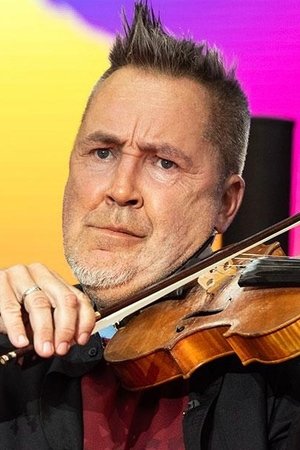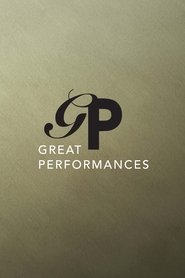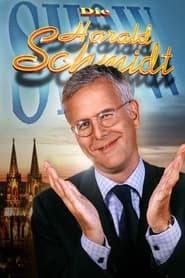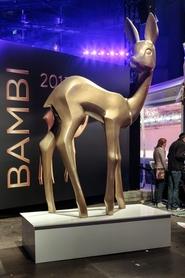
Nigel Kennedy
Nigel Kennedy (born 28 December 1956) is an English violinist and violist. His early career was primarily spent performing classical music, and he has since expanded into jazz, klezmer, and other music genres. Kennedy's grandfather was Lauri Kennedy, principal cellist with the BBC Symphony Orchestra, and his grandmother was Dorothy Kennedy, a pianist. Lauri and Dorothy Kennedy were Australian, while their son, the cellist John Kennedy, was born in England. After graduating from the Royal Academy of Music in London, at age 22, John joined the Royal Liverpool Philharmonic Orchestra, later becoming the principal cellist of Sir Thomas Beecham's Royal Philharmonic Orchestra. While in England, John developed a relationship with an English pianist, Scylla Stoner, with whom he eventually toured in 1952 as part of the Llewellyn-Kennedy Piano Trio (with the violinist Ernest Llewellyn; Stoner was billed as "Scylla Kennedy" after she and John married). But they ultimately divorced, and John returned to Australia. Kennedy was born in Brighton. A boy prodigy, as a 10-year-old he picked out Fats Waller tunes on the piano after hearing his stepfather's jazz records. At the age of 7, he became a pupil at the Yehudi Menuhin School of Music. He later studied at the Juilliard School in New York City with Dorothy DeLay. While there he helped to pay for his studies by busking with fellow student and cellist Thomas Demenga. Kennedy has about 30 close relatives in Australia, whom he visits whenever he tours there. At the age of 16, Kennedy was invited by jazz violinist Stéphane Grappelli to appear with him at New York's Carnegie Hall. He made his recording debut in 1984 with Elgar's Violin Concerto. His subsequent recording of Vivaldi's The Four Seasons with the English Chamber Orchestra in 1989 sold over two million copies and earned a place as one of the best-selling of all classical recordings. The album remained at the top of the UK classical charts for over a year, with total sales of over three million units. In 1992, Kennedy announced the end of his career in classical music. Around this time, he recorded the album Music in Colours with Stephen Duffy. He returned to the international concert platform in the mid-1990s. In 1997, he received an award for Outstanding Contribution to British Music at the BRIT Awards, and in 2001 received the 'Male Artist of the Year' award. In other music genres, Kennedy recorded a cover of Jimi Hendrix's "Fire" for the 1993 album Stone Free: A Tribute to Jimi Hendrix. The same year, he made an appearance on Robert Plant's solo album Fate of Nations on the track "Calling to you". In 1999, Sony Classical released The Kennedy Experience, which featured improvisational recordings based on Hendrix compositions. Kennedy's autobiography, Always Playing, was published in 1991. ... Source: Article "Nigel Kennedy" from Wikipedia in English, licensed under CC-BY-SA 3.0.
Known For
Credits
- 2018 · The Biggest Weekend as Self
- 2015 · Nigel Kennedy at the BBC as Self - Performer
- 2014 · The Kate Bush Story: Running Up That Hill as Self
- 2008 · Q&A as Self - Panellist
- 2006 · Nigel Kennedy Vivaldi Live a La Citadelle as
- 2005 · Nigel Kennedy - Plays Bach as Self - Violin
- 2000 · The Who & Special Guests: Live At The Royal Albert Hall as Self - Violin
- 1998 · Vivement dimanche as Self
- 1995 · Die Harald Schmidt Show as Self
- 1992 · Terry Wogan's Friday Night as Self
- 1992 · ECHO-Verleihung as Self
- 1989 · Vivaldi: The Four Seasons as Self - Violin
- 1988 · This Morning as Self
- 1987 · Going Live! as Self
- 1985 · Victoires de la musique as Self
- 1972 · Le Grand Échiquier as Self
- 1971 · Great Performances as Self
- 1964 · Top of the Pops as Self - Host
- 1948 · Bambi as Self




